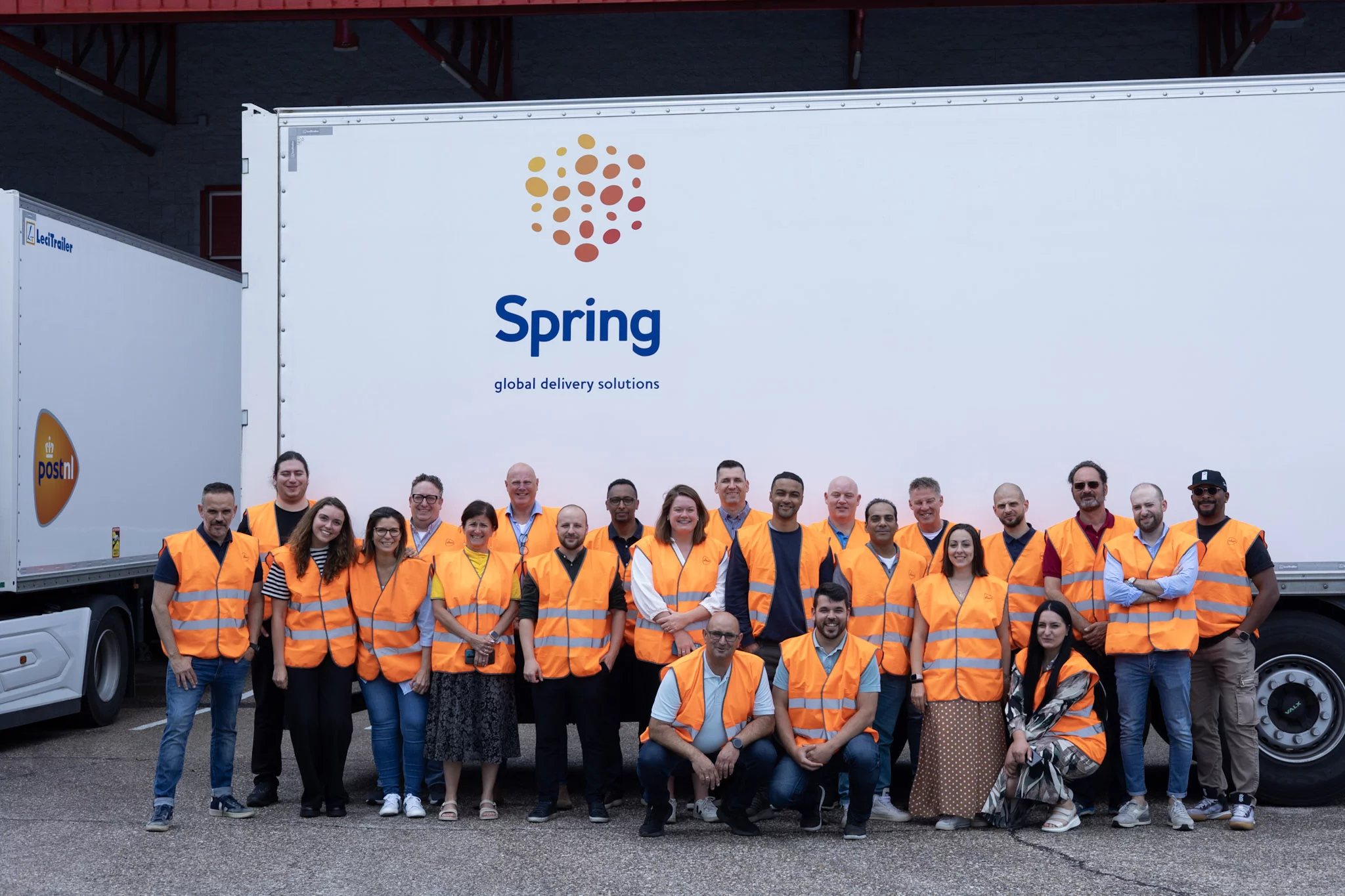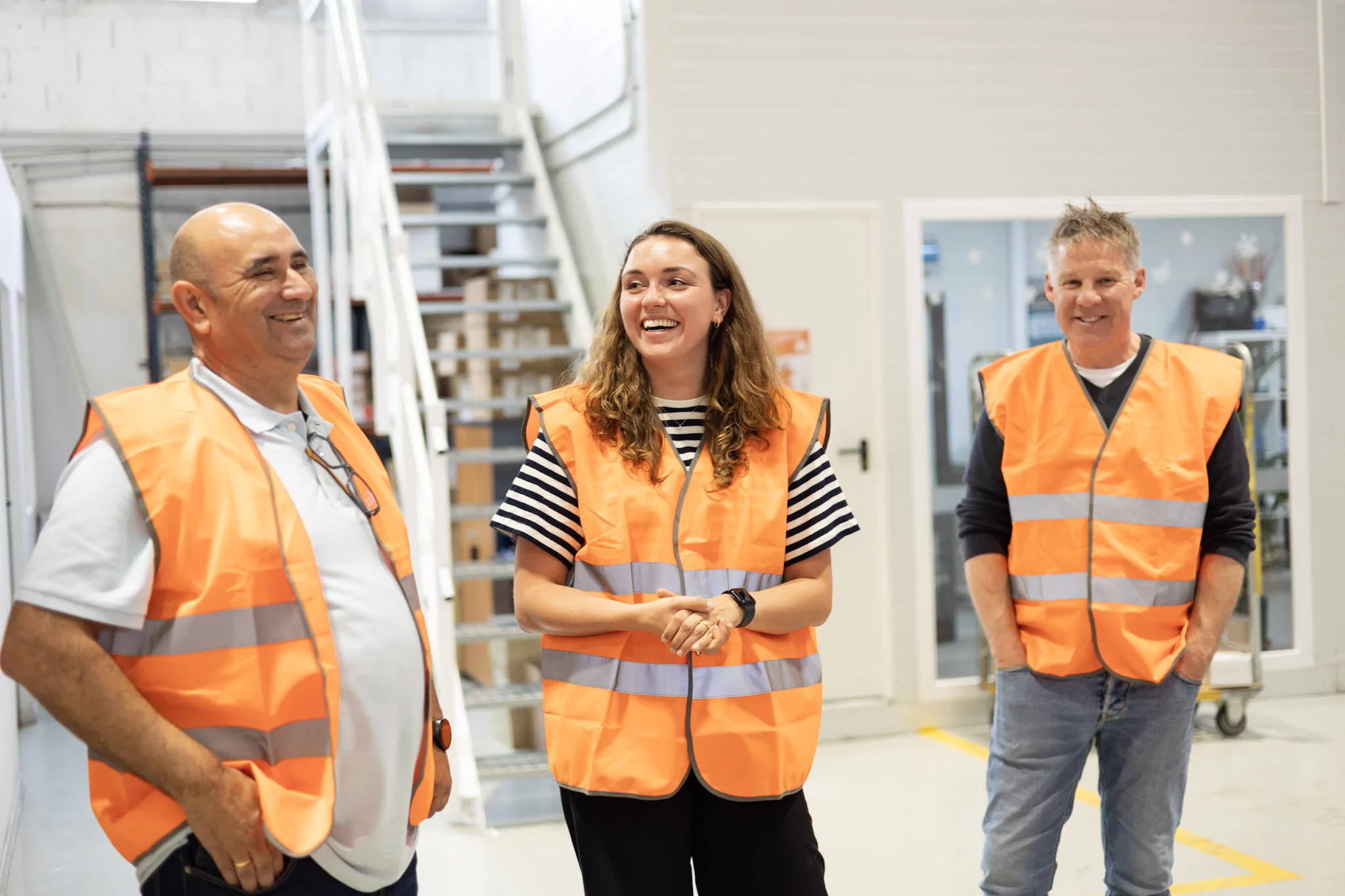PostNL’s international subsidiary Spring GDS is on a mission to hire British talent as it continues to invest in its UK operations. It comes after the opening of Spring GDS’ new UK hub at London Heathrow and the expansion of its operation at Haydock earlier this year.
With many school leavers fresh on the jobs market, the cross-border e-commerce and logistics company has announced that it will increase its number of apprentices to ten in the UK by 2030.
Despite investing in comprehensive AI and technical upskilling for existing talent, the recruitment drive for those starting out demonstrates the company’s commitment to the creative problem solving that it is famed for across the world.
Hiring New Talent
With recent Manpower figures showing that 76% of UK employers seeking talent in transport, logistics and automotive are facing skills shortages, Spring GDS, which has high employee satisfaction ratings across Europe is seeking to train and develop its own.

Kelly van der Weg, Managing Director of Spring Global Delivery Solutions UK said: “In these unusual times, the UK has the potential to become a still more important hub for international e-commerce providers seeking routes into Europe and the USA. Yet, behind every delivery there needs to be a team empowered by a culture of innovation, agility, and customer obsession.
“Rather than being held back by skills shortages, our ambition remains to attract, train and retain the best talent in logistics in the UK across the world. That means we need to engage talent at an early stage in their career, investing in international talent programmes, sharing knowledge and creating interconnectivity across markets. Empowering staff with technology but also listening to their new perspectives and creative solutions to help us make a difference on a global scale.”
The company has already reinforced its sales, marketing and business development with three new hires in recent months and three additional vacancies across its operations to fill.
similar news
UniCarriers and Talent in Logistics Enjoy Skilful Forklift Operator Challenge





